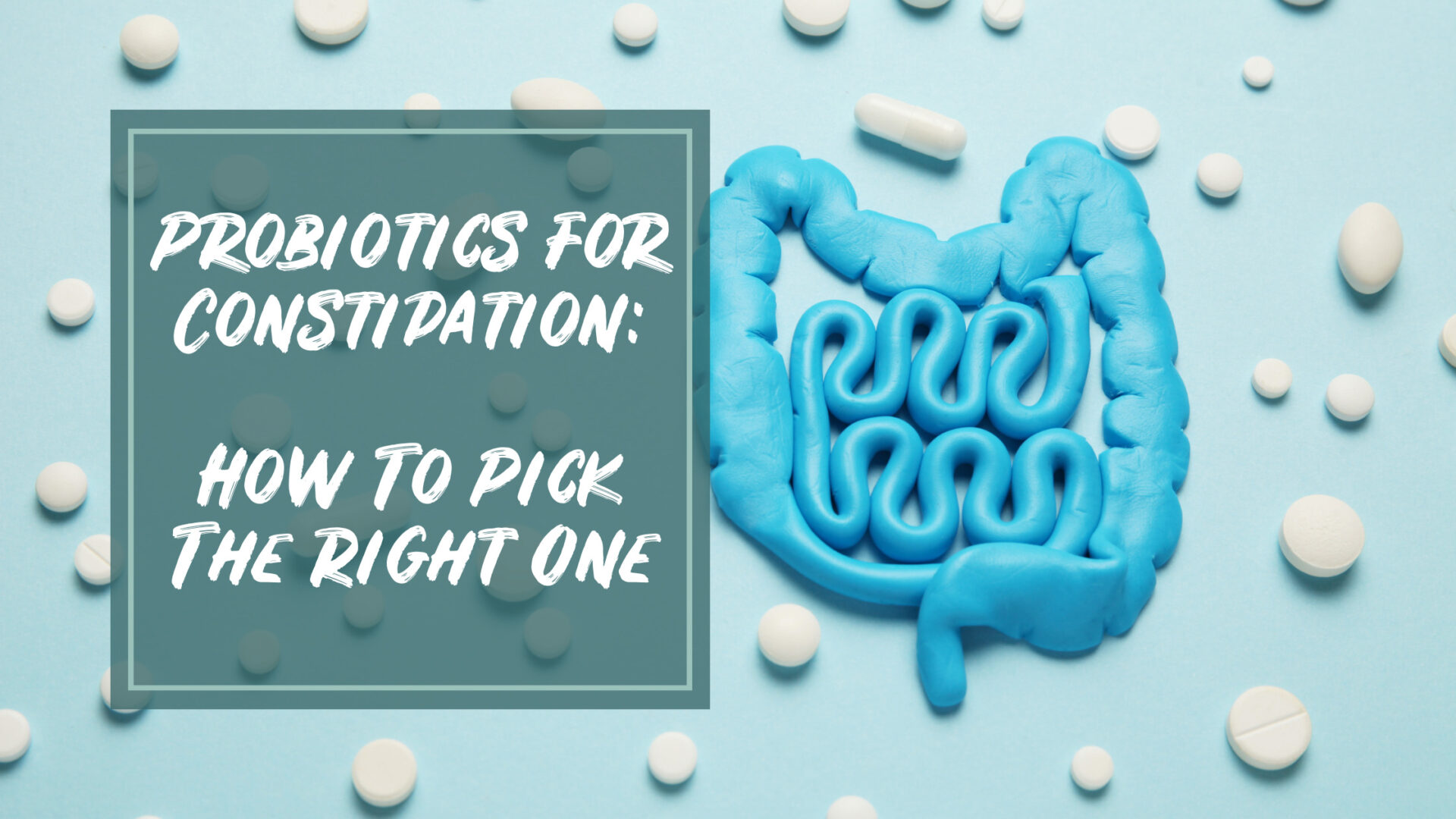
Constipation is a common health issue that many people struggle with. It can be caused by a variety of factors, such as poor diet, lack of physical activity, and certain medications. One natural way to help alleviate constipation is by taking probiotics. Probiotics are beneficial bacteria that can help support your gut health and promote regular bowel movements. However, not all probiotics are created equal. There are certain things you should look for when choosing a probiotic for constipation. Here are 3 key factors to consider.
1. Bifidobacterium Dominance
The first thing to look for in a probiotic is a high concentration of Bifidobacterium strains. These strains have been shown to be especially effective in promoting gut regularity. They work by aiding in the breakdown of food in your gut, which can help to speed up digestion and prevent constipation. So, when choosing a probiotic, opt for one that’s rich in Bifidobacterium strains.
2. High CFUs (Colony-Forming Units)
The second thing to look for in a probiotic is a high number of CFUs, or colony-forming units. This refers to the number of live bacteria in the probiotic. The more CFUs a probiotic has, the more beneficial bacteria it can deliver to your gut. Aim for a product with at least 1 billion CFUs. This ensures you’re getting a sufficient dose of beneficial bacteria to support your gut health and help alleviate constipation.
3. Presence of Prebiotics
The third thing to consider when choosing a probiotic is whether or not it also includes prebiotics. Prebiotics are substances that feed the good bacteria in your gut, helping them to thrive and multiply. By choosing a probiotic that also includes prebiotics, you can create an optimal environment in your gut for the beneficial bacteria to flourish. This can further enhance the effectiveness of the probiotic and help to promote regular bowel movements.
Conclusion
Dealing with constipation can be uncomfortable and frustrating. However, taking a probiotic can help to support your gut health and promote regular bowel movements. By considering factors like Bifidobacterium dominance, high CFUs, and the presence of prebiotics, you can choose a probiotic that’s ideally suited to helping alleviate constipation. As always, it’s a good idea to consult with a healthcare provider before starting any new supplement regimen.

